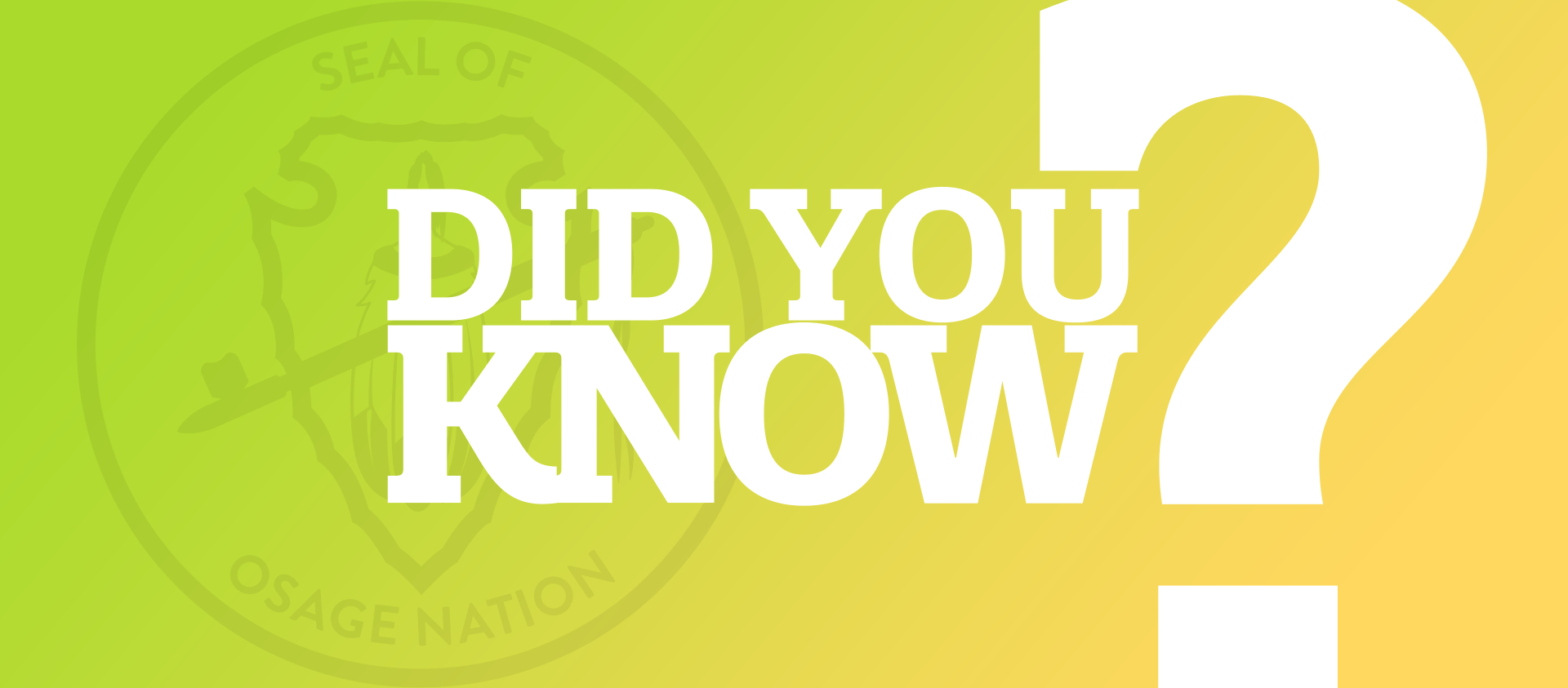
One of the first great football teams in American football history was the Hominy Indians. The Indians got their start in the early 1920s. The idea for an all Native football team came from a young Osage man named Ira Hamilton. Hamilton, with the financial backing of fellow Osages: Dick Rusk, Harry Bigeagle, John Abbott, and Allison Webb, got a group of local Native Americans together and began holding practices and scrimmages. At first, Hamilton was the coach as well as a player, until a real coach could be hired. When the team felt they were ready they played their first game.
Their first opponent was a team from Skiatook. That game ended with an Indians victory. Many more wins would follow in the coming years. The Hominy Indians would eventually join several leagues in Oklahoma, playing teams from all over the state, including: Stillwater, Oilton, Avant, Bartlesville, Fairfax, and many other places. They became so good that they would even go out of state to challenge teams from Missouri, Kansas, and even New York.
At one point during their astounding run they managed 28 consecutive victories. One sports writer even dubbed them “The Terrors of the Midwest.” With the size of the Osage men, the speed of famous baseball player Johnnie “Pepper” Martin, and John Levi (Otoe), a man Jim Thorpe called the greatest athlete in the world, it was easy to see how the Indians were able to win so many games and become so famous.
Their fame reached its peak on December 26, 1927, in Pawhuska, Oklahoma. The Hominy Indians were set to face the famed New York Giants. Just a few weeks prior to the game the Giants had won the National Football League Championship. The two teams squared off and when all was said and done, the Indians stood victorious by the final score of 13 to 6. The Hominy Indians, from Hominy, Oklahoma, had become champions of the world!
Sadly, just a few short years later the Hominy Indians were no more. The Great Depression hit and most fans could no longer afford the ticket price. Many of the players were beginning to feel the effects of the injuries they had suffered over the years. The Indians took the field for the last time in 1932.


